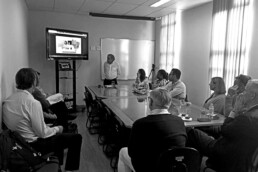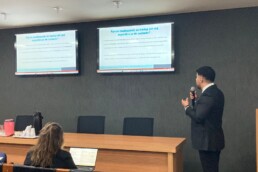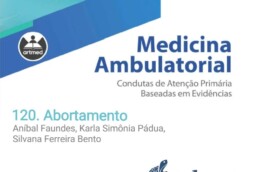
It has long been studied how what we experience during childhood reflects on our adult life, including issues involving violence against women. A Doctor Maria Jose Osis She has a degree in Social Sciences from UNICAMP, a PhD in Public Health from USP, and is a CEMICAMP researcher. He recently collaborated on a research project “Perspectiva de los hombres sobre la violencia de pareja en Paraguay” of the Centro Paraguayo de Estudios de Población. The study brought, among many data, expressive statistics about how childhood punishments can perpetuate violence against a partner and its naturalization. In the study, 67.4% of the respondents consider moral violence against their partner justifiable, and 26% have witnessed physical aggression against their mothers or stepmothers. In addition, 89% suffered some kind of physical or moral punishment during childhood, and of these, 45% said they perpetuate attitudes of violence against their partners. The study was conducted with 1,000 Paraguayan men aged 29-40 and they were asked statements about: attitudes, beliefs, opinions, experiences, gender roles, rights, and perpetuation of family violence. The answers showed, in general, largely equitable opinions related to work, childcare, and gender roles, but this still contrasts with official data on the distribution and participation of men in unpaid domestic work, and the perception of violent attitudes as something justifiable and/or natural. This scenario is due to cultural, religious and socioeconomic factors, besides the already mentioned physical and moral aggressions suffered in childhood. The complete article with all the results and graphics can be accessed here: http://www.cepep.org.py/archivos/perspectivahombreviolencia.pdf









